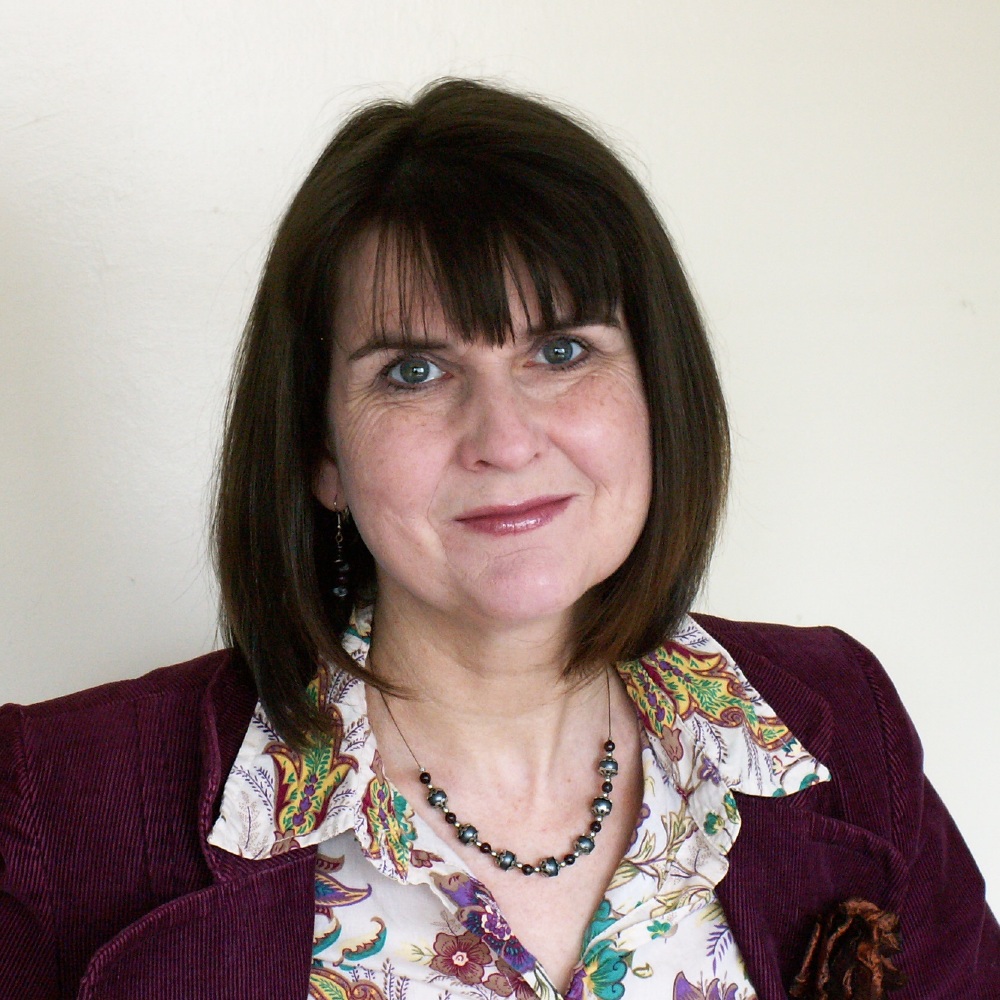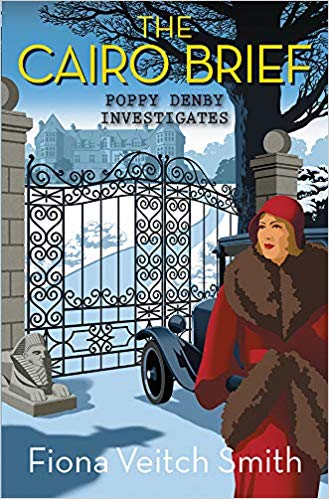The Poppy Denby Investigates books are about a young, female reporter sleuth in the early 1920s. Poppy Denby works for a tabloid newspaper in London called The Daily Globe. She initially gets a job as an administrative assistant to the editor, but when the lead journalist dies under mysterious circumstances, she picks up his story and takes over the investigation – eventually earning herself an appointment as a ‘proper’ reporter.

Fiona Veitch Smith writes an exclusive piece for Female First
Before the 1960s women on newspapers were mainly in secretarial roles. Those who did make it into the editorial department as writers were usually expected to cover domestic issues, celebrity gossip, fashion and so-forth. However, there have been some notable exceptions which gave me scope to develop the character of Poppy Denby.
The first woman in Britain to earn a salary as a journalist was Eliza Linton who worked for The Morning Chronicle from 1848 to the end of the 1860s. Unfortunately, she was renowned for her virulent anti-feminist views!
A supporter of women’s rights was Margaret Fuller, who worked for The New York Tribune in the 1840s. She was also a leading advocate for the abolition of slavery. As a journalist she travelled to Italy to cover the 1848 Italian Revolutions. She was given the job by the editor of The Tribune, Horace Greeley, who had no problem seeing the worth of women. Horace was partly the inspiration for Poppy’s editor, Rollo Rolandson.
Nellie Bly was one of the pioneers of investigative journalism. Nellie went under cover for The New York World (edited by Joseph Pulitzer) in 1887, spending ten days pretending to be a mentally ill patient in a New York asylum. She exposed the horrific conditions and her article – and subsequent book – sparked public outrage and reform. Nellie also went around the world in 72 days, inspired by the Jules Verne novel Around the World in Eighty Days. She raced against Cosmopolitan journalist, Elizabeth Bisland. Bly and Bisland left New York on the same day, travelling in opposite directions. Bly won the race by four days.
After WWI, the introduction of the ‘women’s section’ in newspapers – funded by advertisers – compelled most female reporters to cover domestic issues. This was a major setback for women in journalism as the First World War had provided the opportunity for a number of notable women to make their mark in the field, including the American, Winifred Bonfils. Before heading to wartime Europe, Bonfils made her name doing sensational undercover exposés of polygamous Mormon communities in Texas (where she disguised herself as a boy) and the appalling conditions of a leper colony in Hawaii.
Women journalists of the time were renowned for tackling difficult subjects of social injustice, and this is something that I pick up on in my Poppy Denby books. For more information on the Poppy Denby Books and their background in the 1920s – including the history, fashion and music of the time – visit www.poppydenby.com

Fiona Veitch Smith is a writer and university lecturer, based in Newcastle upon Tyne. Her 1920s mystery novel The Jazz Files, the first in the Poppy Denby Investigates Series (Lion Fiction), was shortlisted for the CWA Historical Dagger award in 2016. The second book, The Kill Fee, was a finalist for the Foreword Review mystery novel of the year 2016/17. Book four in the series, The Cairo Brief, has been shortlisted for the People’s Book Prize. For more on the series visit www.poppydenby.com

